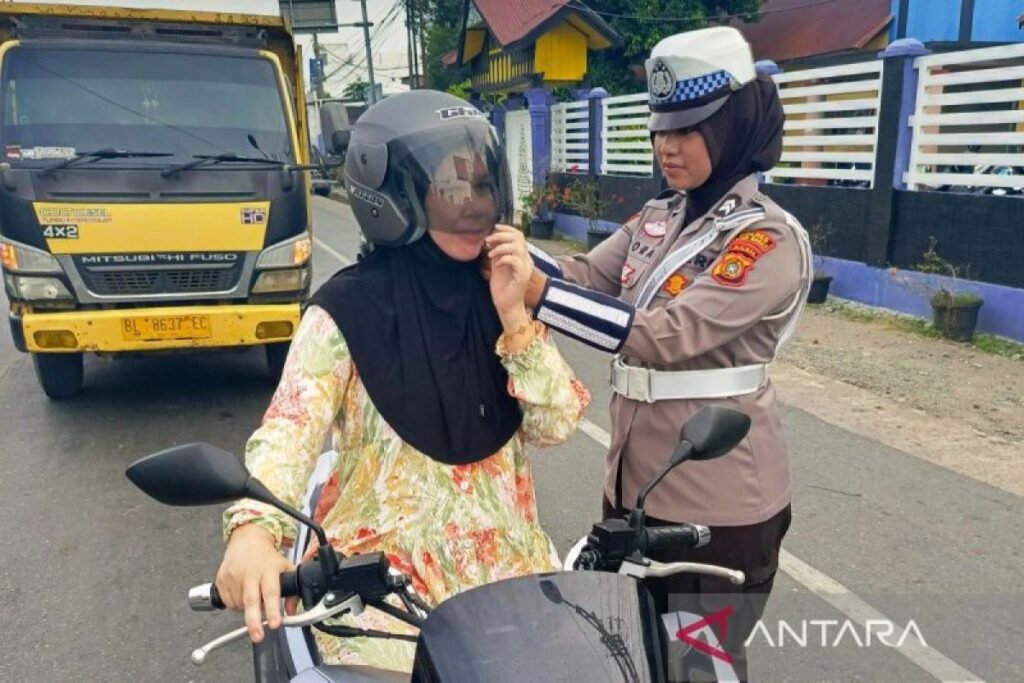Empowering Women for a Brighter Future
Tangerang, Banten – In a recent statement, Women’s Empowerment and Child Protection Minister Arifah Choiri Fauzi highlighted the importance of bolstering women’s roles across various sectors. She advocated for equal access to employment, healthcare, and political involvement as essential pillars of empowerment.
Speaking at the National Mother’s Day celebration in Tangerang on Sunday, Minister Fauzi underscored the critical need to protect women from all forms of violence.
Celebrating Women’s Contributions
This year’s 96th Mother’s Day commemoration in 2024 adopted the theme “Women Greet, Women Empowered Towards Golden Indonesia 2045.” Fauzi remarked that this theme serves as a vital reminder of the significant impact women have on shaping the nation’s future.
“It is an opportunity for us to come together and work toward realizing a ‘Golden Indonesia 2045,’ where women are at the forefront of our development efforts,” she stated.
Honoring Indonesian Women
The Minister emphasized that National Mother’s Day is more than just a moment to express gratitude for mothers. It is also a time to recognize the invaluable contributions, dedication, and roles of all Indonesian women in their families, communities, and the nation.
Historical Significance of Mother’s Day
Hari Ibu, or Mother’s Day, has deep historical roots dating back to the first Women’s Congress held in Yogyakarta from December 22-25, 1928. This landmark event was a significant milestone in Indonesia’s struggle for independence from colonial rule.
Women activists of the era not only fought for the country’s freedom, achieved in 1945, but they also challenged the prevailing patriarchal norms of their time. “This was a turning point in the women’s movement, heralding a new wave of activism for Indonesian independence,” Fauzi noted.
Approximately 1,000 participants from 30 organizations across Java and Sumatra convened during the inaugural Women’s Congress to address critical issues including education and women’s empowerment. They also aimed to eliminate illiteracy, child marriage, human trafficking, and polygamy.
By honoring the past and recognizing the indispensable role of women today, Indonesia can pave the way for a more equitable and empowered future for all.


